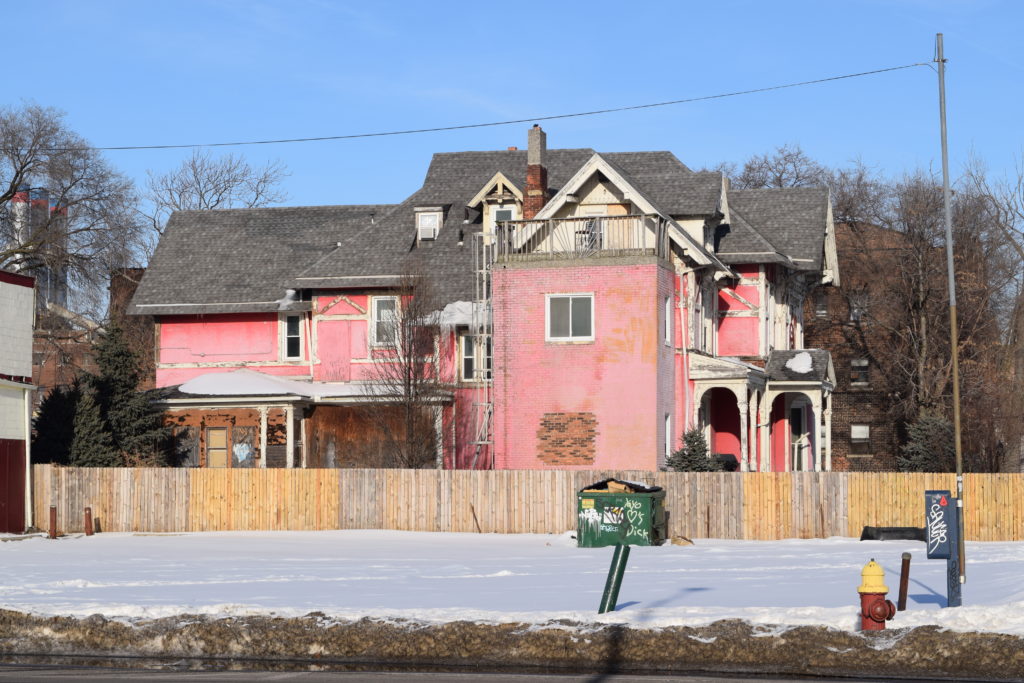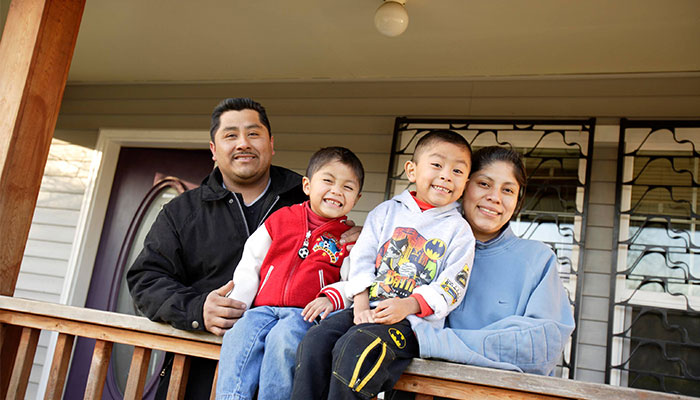Blog
Delinquent Tax Enforcement
Effective legislation is a vital piece of equipping state and local governments to effectively address vacant, abandoned, and deteriorated properties (VAD). Through our Land Bank Incubator Scholarship Program, over the last three years Community Progress has been honored to support local efforts to craft and advance these pieces of legislation….
Read More »To address vacant, abandoned, and deteriorated (VAD) properties, local governments must first identify what types of VAD properties exist in the community. Some properties are abandoned with no mortgage and near tax foreclosure. Some fall into disrepair during a long mortgage foreclosure process. In other cases, a property owner may…
Read More »Blight is a shorthand term many people use to refer to properties they perceive as problematic in some way.
Read More »Vacant, abandoned, and deteriorated (VAD) properties—referred to by some as “blighted properties”—pose significant costs to public health, property values, local taxpayers, and more.
Read More »Answering the most common and important questions we’ve heard about property tax foreclosure in the wake of Tyler v. Hennepin County.
Read More »Tax lien sales are one way that cities and counties try to recoup some of the public dollars they’ve spent maintaining properties abandoned by private owners. But tax lien sales rarely fix the problem, nor lead to a vacant property being returned to productive use.
Read More »A snapshot of Raton, New Mexico and how the city can tackle vacant and abandoned properties.
Read More »The SCOTUS decision opens up an opportunity for all states to redesign their property tax systems from beginning to end.
Read More »A well-designed delinquent tax enforcement system can help communities return properties to productive use.
Read More »St. Louis County needed a county-wide land bank to work with local communities and partners to help return vacant and abandoned properties to productive use. But breaking the cycle of vacancy requires a comprehensive approach.
Read More »









